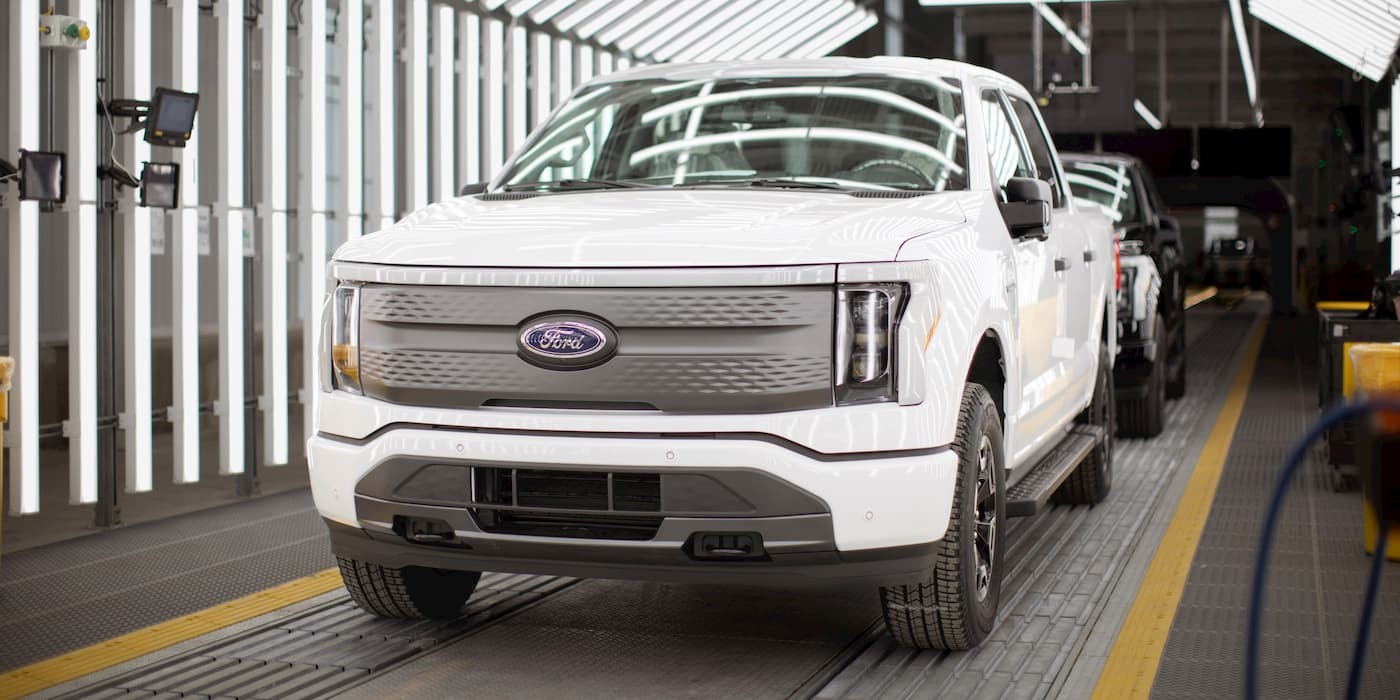
In a surprising move, Ford Motor Company has announced a strategic pivot away from its previously ambitious all-electric vehicle plans. The American automaker is now placing greater emphasis on hybrid technologies and traditional combustion engines, responding to what it perceives as changing market demands and intensifying competition from Chinese manufacturers.
Adapting to Market Realities
Ford's chief financial officer, John Lawler, explained the company's new direction during a recent media briefing. "We've learned that customers want choice," Lawler stated, highlighting Ford's intention to offer a diverse lineup including electric, hybrid, gasoline, and diesel vehicles.
This shift comes despite Ford experiencing growth in electric vehicle sales during the first quarter. However, the company appears concerned about the long-term sustainability of the EV market, particularly in light of fierce competition from Chinese automakers with lower cost structures.
Key Changes in Ford's Strategy
As part of this strategic realignment, Ford has made several significant decisions:
- Cancellation of high-range, three-row all-electric SUVs
- Conversion of planned all-electric SUVs to hybrid models
- Delay of the next-generation electric pickup truck to 2027
- Introduction of a new all-electric commercial van in 2026
- Continued development of multiple hybrid technologies
These changes are expected to result in substantial financial implications, including a $400 million non-cash charge and a potential future hit of $1.5 billion.
Profitability and Efficiency at the Forefront
Ford's revised strategy places a strong emphasis on profitability and capital efficiency. Lawler stated that future EV launches would only proceed if they can achieve profitability within 12 months. This approach reflects the company's aim to create a "high growth, higher margin, more capital efficient and durable business," according to the CFO.
Industry-Wide Trend
Ford's pivot is not an isolated case in the automotive industry. Other major players, including General Motors and Volkswagen, have also adjusted their EV strategies recently. This trend suggests a broader reassessment of the pace and scale of the transition to electric vehicles across the industry.
As the automotive landscape continues to evolve, Ford's strategic shift underscores the challenges and uncertainties facing manufacturers in their pursuit of an electric future. The coming years will reveal whether this more cautious approach will pay off in the highly competitive and rapidly changing automotive market.